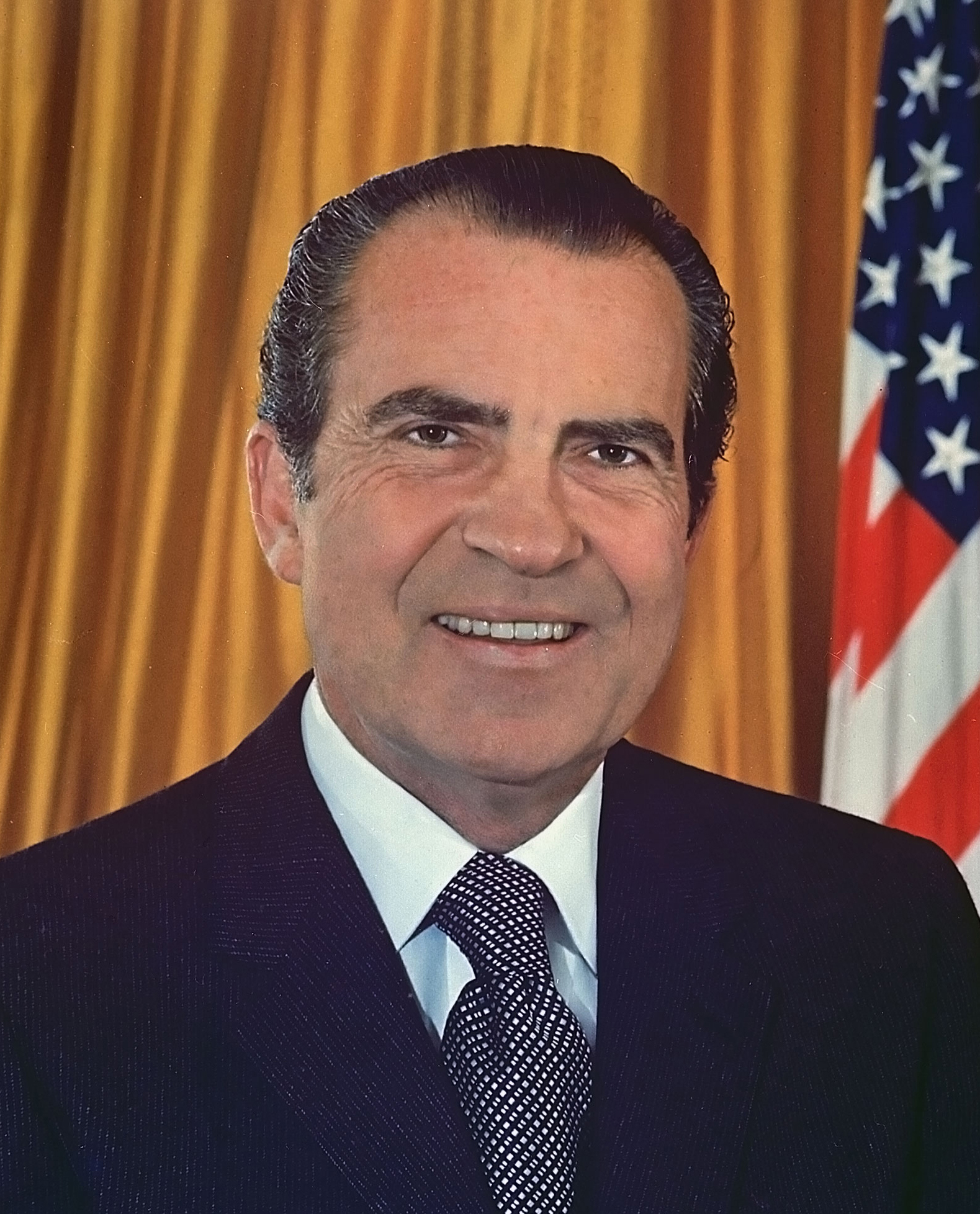 I'm basically just a trombonist along for the ride, so I feel I can write this and not be boasting:
I'm basically just a trombonist along for the ride, so I feel I can write this and not be boasting:Over the last four and one-half years, the Rats & People Motion Picture Orchestra has composed a body of work, in both scope and volume, that is remarkable. In total, 10 hours and 43 minutes of music has been composed over the last four and one-half years. If the average length of a symphony is roughly 30 minutes, then that's 21 symphonies-worth of compositional output.
More remarkable is that the vast majority of this 21 symphonies-worth of composition is the work of two people: Matt Pace and Brien Seyle. (Each of the ensemble's other members have contributed slivers of score here and there, and Kevin O'Connor has written two 20-minute scores.) Even with most of the compositional work split between two people, that's a remarkable amount of output for each person.
Still more remarkable (to me, anyway) is that the entirety of this gigantic body of work has been composed without grants, or fellowships, or stipends. It's truly phenomenal. It's been truly phenomenal for me to see and to perform. Again ... I'm not boasting. I'm really just along for the ride.
That's not to say that the ensemble hasn't received crucial support and encouragement from the film arts and music community. The Webster University Film Series, Cinema St. Louis and the Lee School in Columbia, MO each in a very real sense have commissioned most of the ensemble's work, offering the ensemble sponsorship, space, and what amount of scratch they can gather for the ensemble to premiere new work to the public. Local "rock" venues including Off Broadway, El Lenador and the Heavy Anchor (as well as some backyard owners who shall remain nameless) have welcomed the ensemble with open arms. The Ragtag Cinema in Columbia has hosted the ensemble several times. Ragtag has become the ensemble's "home away from home" in many respects.
And, of course, all of the people who bother to come and see and hear us, and all of the bands who have been nice enough to share a bill with us.
The photograph above was taken roughly two years ago. I love this photograph. It was taken after we performed our score to Go West for the students, parents and faculty of Lee School in the Missouri Theatre in Columbia. It was a beautiful performance in a beautiful place. The students laughed hysterically at every gag. Their laughter filled up that big room as much as and often more than our music did. We were all making the soundtrack together.
I love this photograph for a lot of reasons, and one big reason is that the photograph depicts us as if we've just arrived at some new place - as if we're all peering at something ahead of us. That performance really felt like that to me: an arrival for the ensemble.
Next Thursday April 5th at the Luminary, I feel that an arrival of sorts will happen again for the ensemble. The Rats & People Motion Picture Orchestra opens for the legendary songwriter, composer and arranger Van Dyke Parks. It's a remarkable opportunity for us, and a remarkable event as our admiration for Parks has now come full-circle. It feels like another arrival.
So ... back to the phenomenal ... and here I will boast (because it's a civic boast):
None of this - not the 21 symphonies-worth of composition - not the ensemble's beautiful show in Columbia - not the ensemble's opportunity to perform on the same bill as a bona fide genius - none of this would have happened without St. Louis. None of this would have happened without an arts and music community that cares less about who you know and more about what you do. Our willingness to support each other's endeavors is a willingness to cultivate the best out of each other. Take it from me, this is very rare and special for a "scene."
There's been a lot of talk lately that our town's arts and music scene is at or close to a tipping point - that it has or is about to "arrive" on a more national profile. I think that talk is correct.
If and when we do "arrive," let's remember how we arrived. Let's remember how to sustain ourselves toward the next arrival.
(Maybe I'll see you Thursday, April 5th at the Luminary?)












